The more you chat to your toddler, the more opportunities she is likely to have to learn how to talk. But bear in mind that all children are different and learn to talk at different rates.
How can I help my toddler learn to talk?
The more fun your toddler has learning new words, the more likely she is to carry on using them. There are lots of ways you can help your toddler with learning to talk:
- Talk as much and as often as you can to your toddler. Watch her face carefully and look interested whenever she tries to talk to you.
- Focus on what your toddler is trying to say, rather than on how clearly she pronounces her words. Try to help your toddler feel confident about talking to you.
- When she does communicate successfully, give her clear feedback. For example, you may tell her “Yes, that’s right, it is a spoon.”
- Let your toddler see what you mean, by matching what you do to what you say. “Shoes off” you could say, removing her shoes. Then “socks off”, removing her socks.
When you give your toddler her lunch, put the plates on the table and then hold out your hand to her saying, “It’s lunchtime now”. She will understand that her lunch is ready and will come to the table, because she has smelt the food and seen you setting the table. She may not have understood the words “lunchtime now” without those other cues to go with them.
- Get your toddler’s attention by saying her name before you talk to her and making eye contact with her. This will help her understand when you are talking to her.
- Give your toddler plenty of opportunities to talk during everyday activities. If you ask her a question, leave a 10-second pause, so that she has time to answer you.
- Expose your toddler to new situations where you can introduce more words. Take her on the bus or for a walk. Point out things you see when you’re out and about.
- Repeat back what you hear your toddler trying to say to you, even if she doesn’t say it clearly. Expand on what she says. So if your toddler says “nana” when she wants a banana, you could say “Yes, here’s a banana.”
- Simplify your speech. Use short sentences and emphasise key words when you are talking to your toddler. This will help her to focus on the important information.
- Switch off unnecessary background noise such as the TV or radio. This will help your toddler to focus her attention on you when you are talking to her. Children can find it harder than adults to filter out background noise.
How can I make learning to talk fun?
It’s easy to be motivated to do something you enjoy. So it follows that if you make talking fun for your toddler, it will encourage her to use words to express herself. Get down on the floor and play with your toddler. Let her choose the toy or activity and talk about what she’s doing. By joining in with your toddler’s play, you’ll give her lots of opportunities to hear clear examples of the words she’s using.
Have fun pretending your toddler’s favourite teddy or action figure is real. Include the toy in everyday activities. Sit your toddler’s teddy at the table for tea, for example, and put a bib on her. Talk about what teddy is doing while she does it. Look at books with your toddler often. Even if you don’t read the story as it happens, she will learn by listening to you talking about the pictures.
Have fun with nursery rhymes, especially those with actions such as “Row, row, row your boat”. The more you do this the more likely your toddler is to join in. Play games where you have to take turns. Turn-taking skills will help your toddler learn how to contribute to conversations.
Try listening games such as:
- Clapping games, where you clap a pattern, and then wait for your toddler to try to clap the same pattern.
- Choosing the correct picture or animal toy when you make an animal noise. For example, you say “moo” and wait for your toddler to pick out a toy cow.
- Gathering together several toys that make noises, and making a sound with one of them out of your toddler’s sight. Your toddler then has to decide which toy it was that made the noise.
You could also try a game of ‘”Simon says”. Call out simple commands like “Simon says, put your hands on your head” and demonstrate the command yourself. Then let your toddler do the same. Carry on with other commands, such as “Simon says put your hands on your knees”, or “Simon says cross your arms.”
And when the weather’s warm, take a big towel or blanket into the garden or local park and lie down on it with your toddler. Ask her to close her eyes and listen carefully. After a minute or so ask her what she could hear. You can then talk about the wind in the trees, birdsong, or a dog barking.
Original article: https://www.babycentre.co.uk/a539841/helping-your-toddler-to-talk


















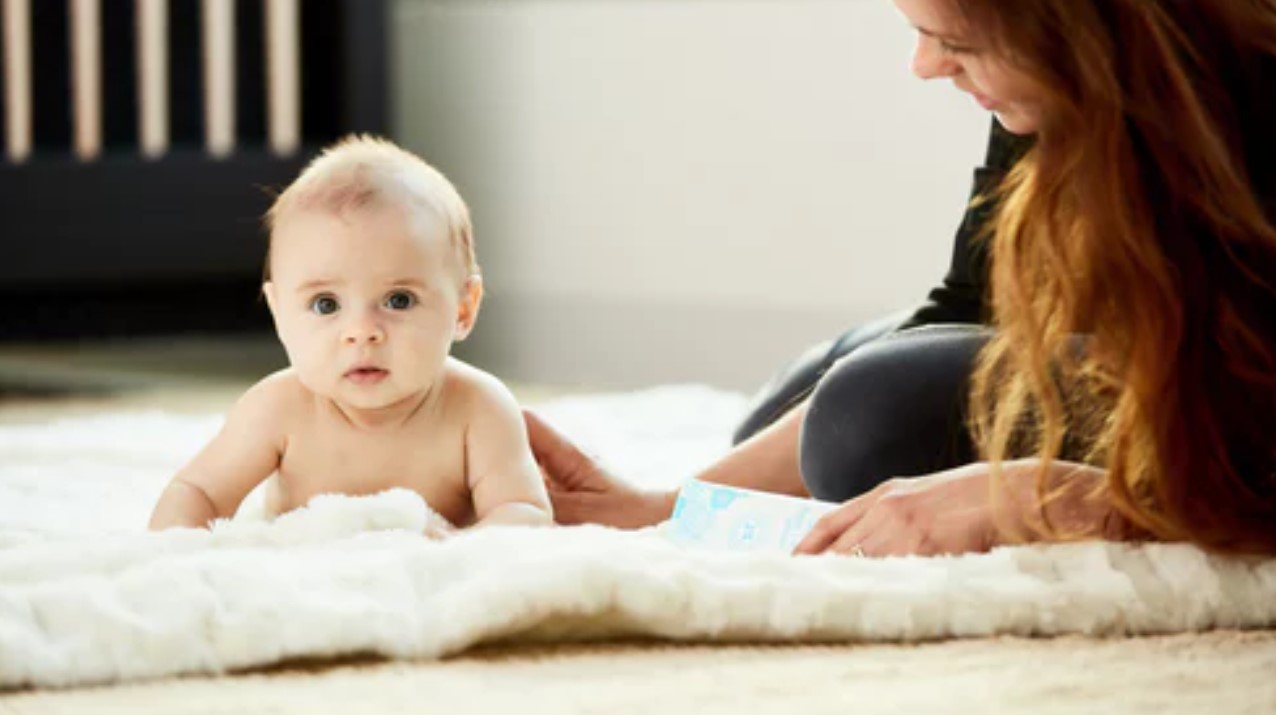







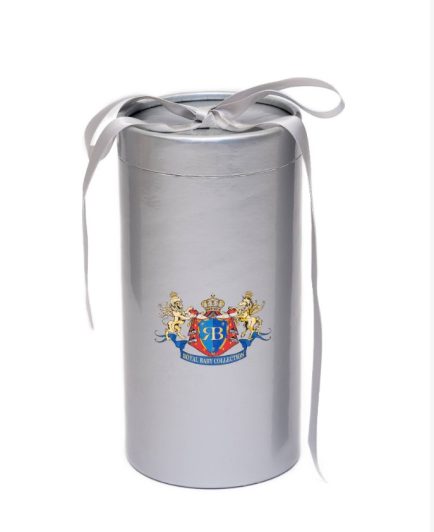
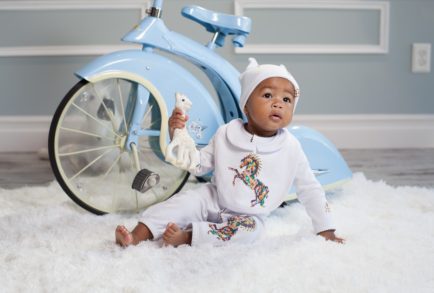

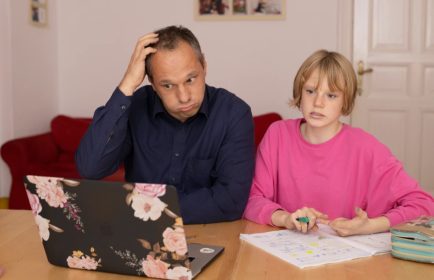
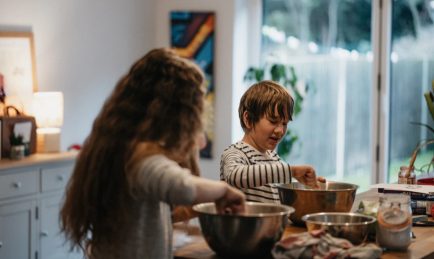
Comments